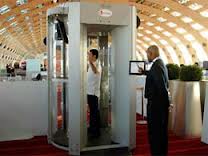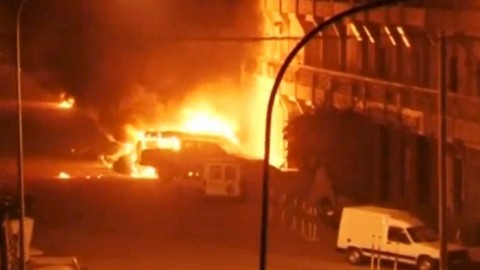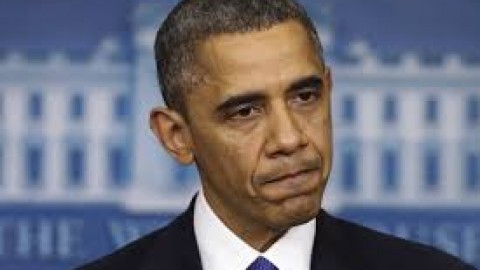In the latest development in the migrant issue, it is been stated that about hundreds of migrants have spent the night at the closed Hungary-Serbia border, with many facing the choice of finding a new route to northern Europe.
Serbian media stated that buses were now being redirected to Croatia, with migrants then planning to move on to Slovenia, Austria – and finally Germany. There have also been suggestions that Romania may become a new route. New border restrictions and a row over allocating migrants have shown bitter divisions in Europe over the crisis.
Hundreds of stranded migrants spent the night in the open or in makeshift tents close to the Serbian border with Hungary. Some gathered wood for fires. A day prior, new Hungarian laws came into effect and police sealed a railway crossing point that had been used by tens of thousands of migrants.
One Syrian, Mohammad Mahayn, told Reuters he had breached the razor wire to let his wife through and they were now separated. “I had hope until now, but it’s all gone,” he said. All year, Serbia has taken a relaxed attitude towards the migrants and refugees entering from neighbouring Macedonia.
The authorities understood that few of the people coming in would want to stay, although some expressed regret that people desperately fleeing conflict did not view Serbia as a desirable destination. But Hungary’s fence and its criminalisation of unofficial border crossings has brought a halt to the flow of people across Serbia.
If an exit into Hungary becomes impossible, the number of refugees here may begin to rise, challenging not only the country’s capacity for dealing with asylum seekers but its citizens’ hitherto admirable tolerance and empathy. At midnight (22:00 GMT), Austria became the latest country to introduce tighter border controls. They apply to the border with Hungary but could be extended.
But Austria insisted no-one fleeing persecution would be turned back to Hungary. Austrian police said Vienna’s two main stations were overflowing with migrants and the main station in Salzburg might have to close.
Austria’s director general for public security, Konrad Kogler, stated that, “We expect that if [Hungary’s] measures are very effective we will have to deal with different, new routes.” The imposition of temporary border controls is a challenge to the EU’s Schengen agreement on free movement.
The 28-member bloc is currently facing a huge influx of migrants, many of whom are fleeing conflict and poverty in countries including Syria, where a civil war has been raging since 2011.
Tags: European migrant crisis Immigrant crisis Migrant crisis Migrant woes








